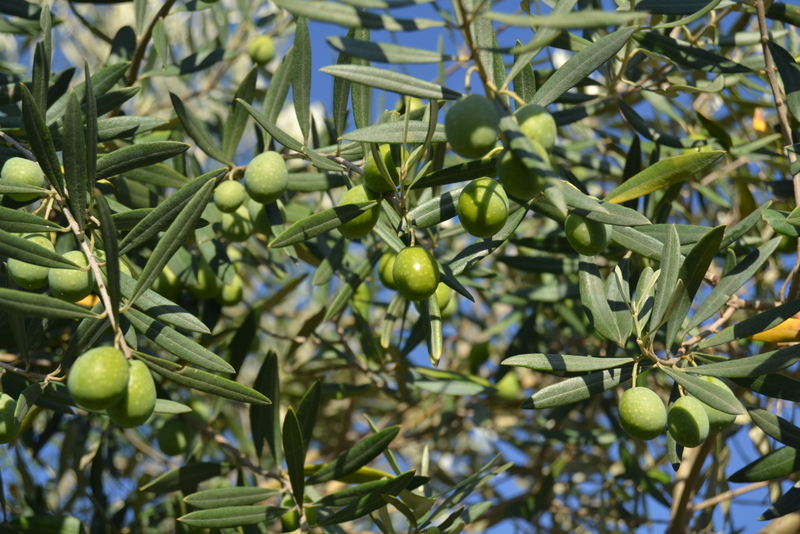„We are just people, and this is just a town, a hope.„
The main square in a Flemish town called Diest in the middle of this tiny country called Belgium. The square has all the classic features: old and pretty 17th and 18th century houses, a béguinage court with its medieval calm, a park, and a nature reserve. Diest also sports a citadel.
Weekend day trips saturate my thirst for travel and new places. A quiet Sunday, a few people stroll or talk in the streets. Pubs and restaurants are closed, but a place called Margherita in one of the townhouses is open. It suggests pizza to take-away, what else?
When I enter, the place looks sad – tables put aside, chairs over them, lights dimmed, decorations dusty. Two kids are playing in the spacious empty restaurant and a man of Moroccan origin comes to greet me and to take the order. He speaks perfect Dutch to his kids, scolds them off – a preventive parental measure. They are 4 and 5 and shy at the beginning in the presence of a stranger. The shyness is quickly dissipated by a few smiles, as it goes with most of the kids anywhere. I sit and wait and observe. Moroccan lanterns are hanging from a ceiling still speaking of ancient Flemish craft, classic pizza selection on the menu. The kids´ shyness is gone for good; the girl starts to give piggy rides to her younger brother checking vehemently if I look. I look and I am happy I can say a few sentences and be understood: How are you? Your sister is strong. The little boy agrees with this remark, he is in the age when the admiration for his older sister is spontaneous. Their father is making the pizzas I ordered, he has relaxed as he sees I am not bothered by the children. I spent a quiet moment after a long walk, sipping a coke, content and tired. Another trip to a newly discovered town that still holds some promises and is worth coming back to. The world we are witnessing nowadays is a fusion. A fusion perhaps cures us from the illusion of separation, of building identities on shutting away and refusing the different. These two kids speak Dutch among themselves, what will they identity be once they are adult? Their tiny childhood is witnessing masked people and deserted towns. But kids are good at being absorbed in their own inner world. Kids are also good as absorbing all the conditioning they are exposed to.
All right, let´s take it all, we are on a healing path, we are becoming healers. At least, there is a good chance of it. A good chance we are paving the world for lighter, more connected, less frightened humans to walk it. A chance, right? Because I see discarded face masks on the pavements, yellow nationalist flags are hanging from a townhouse. Bottled emotions simmer to the surface everywhere, the thin layer of general ego-gratification is breaking. Good. Good. Let´s trust the process. The guy brings the pizzas, they smell deliciously, a margherita and a parmigiana – the form is oblong, neither round, nor square. Fusion has made its way to classic carton boxes. I pay, say good-bye to the children and receive two tiramisu desserts as a gift.
Outside, a sudden cold rain presents itself, so I hurry up the hill towards the citadel and the car parked under it. From the top of the hill, the town is tiny, it can be held in an open hand; a poem of a local poet is displayed on a panel. The view offers a few church towers, marshes and lowlands spreading towards the horizon.
A few slices of pizza eaten in the car before I hit the road. Strangely happy alone and not.
ESPERANCE We zijn maar mensen, en dit is maar een stad, een hoop.
HOPE We are just people, and this is just a town, a hope.
(from a poem by Thomas Gayvaerts, Diest)
Info and photos on béguinage in Diest:

